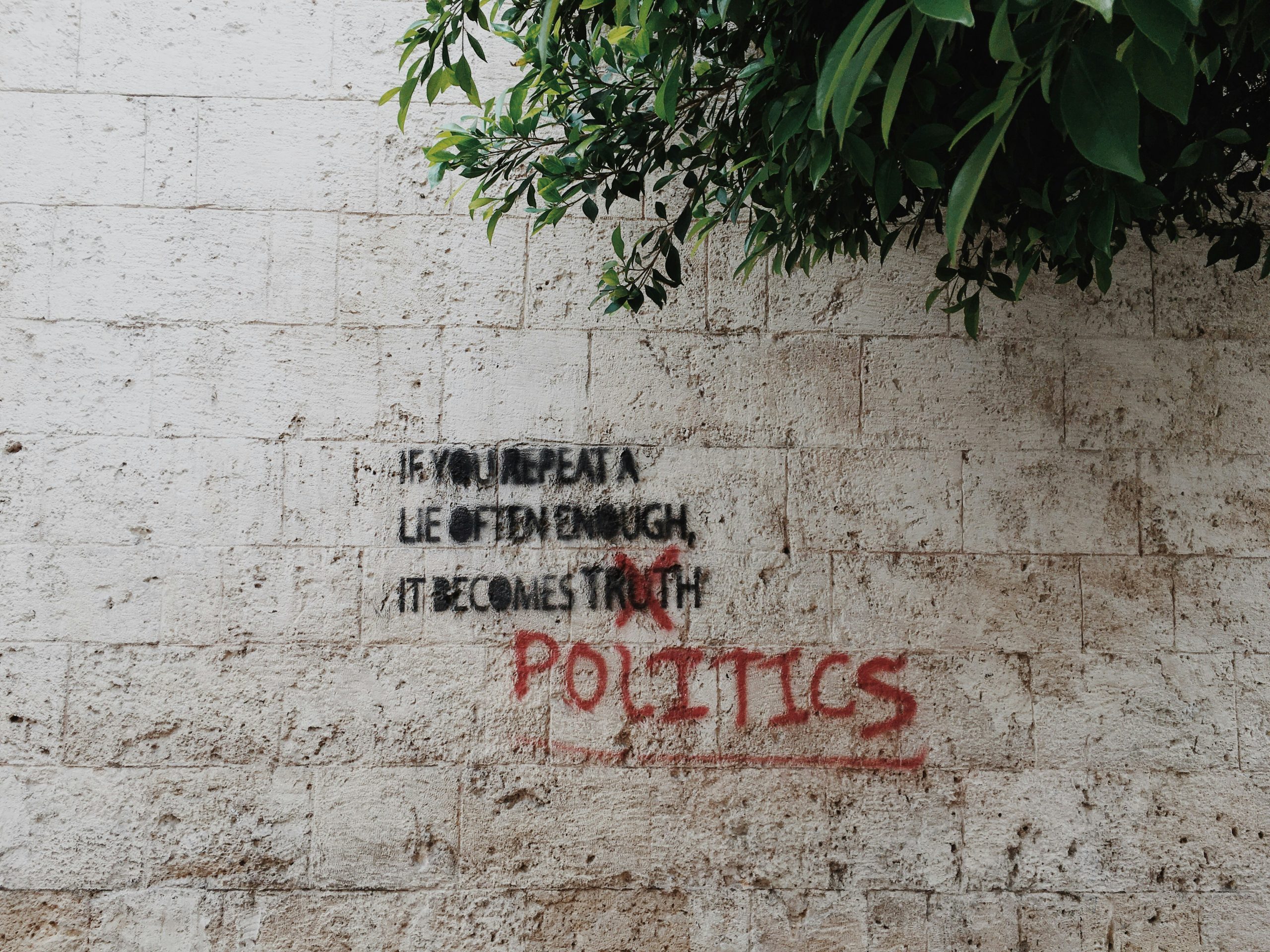Navigating the Tumultuous Waters of Modern Politics : InfoTrendingZone
In the contemporary world, politics transcends mere governance and statecraft; it is an intricate tapestry of ideologies, power struggles, and the pursuit of justice and equity. This complexity mirrors the multifaceted challenges and aspirations of the global populace. This article seeks to unravel the essence of modern politics, examining its foundational principles, the evolution of political systems, the pivotal role of democracy and political ideologies, and the emerging challenges that define the 21st-century political landscape of Modern Politics.
The Essence and Purpose of Politics
Politics is fundamentally concerned with the allocation of power and resources within a society. It is the mechanism through which communities organize themselves, make collective decisions, and address societal issues. At its heart, politics is about the negotiation of differing interests and values, aiming to achieve a common good despite inherent conflicts. This negotiation takes place across various arenas, from local councils to global summits, reflecting the diverse scales at which political processes operate.
Frameworks of Power: Political Systems Explored
The structure of political systems determines how power is distributed and exercised. These systems range from democracies, which emphasize the sovereignty of the people, to autocracies, where power is concentrated in the hands of a few. There are also hybrid systems, which blend elements of democracy and autocracy, reflecting the complex nature of modern governance. Each system has its unique way of addressing the balance between authority and liberty, efficiency and inclusivity, stability and change the Modern Politics.
Democracies, with their foundational commitment to participation and representation, often face challenges in maintaining fairness, accountability, and responsiveness. Meanwhile, autocratic regimes may achieve rapid decision-making but at the cost of freedom and justice. The debate over the merits and drawbacks of different political systems is a testament to the ongoing search for the ideal model of governance.
The Influence of Ideologies
Political ideologies significantly shape the policies and priorities of governments and political movements. These ideological frameworks offer competing visions of the ideal society and the means to achieve it. From liberalism’s advocacy for individual rights and free markets to socialism’s emphasis on equality and state intervention in the economy, ideologies inform the political discourse and action to Modern Politics.
In the present era, the relevance of traditional ideologies is being tested by emerging challenges such as global warming, technological advancements, and transnational migrations. These issues require new thinking and cross-ideological collaborations, suggesting that the future of politics may lie beyond conventional ideological boundaries.
Global Politics and the Challenge of Cooperation
The arena of international politics is marked by the struggle for power and influence among nation-states, within the context of globalization. This global interdependence has made international cooperation essential, particularly on issues like climate change, terrorism, and pandemic response. Yet, achieving consensus is often complicated by competing national interests, cultural differences, and historical grievances.
The United Nations and other multilateral institutions strive to facilitate this cooperation, but their effectiveness is frequently challenged by the realities of international politics. The tension between sovereignty and global governance, and between unilateral actions and collective solutions, continues to define the international political landscape for Modern Politics.
Facing the Future: Politics in the 21st Century
As we venture deeper into the 21st century, politics is confronted with unprecedented challenges. The digital revolution has transformed political engagement and discourse, empowering individuals and movements while also enabling misinformation and polarization. Climate change presents a existential threat, requiring coordinated action and innovative policy solutions. Economic inequality and social justice issues continue to fuel discontent and demand attention.
Moreover, the resurgence of populism and nationalism underscores the enduring appeal of identity and sovereignty in politics, challenging globalist perspectives and complicating efforts at international cooperation. The COVID-19 pandemic has further highlighted the importance of effective governance and the interconnections between health, economy, and security.
Conclusion
Modern politics is a realm of constant change, characterized by the struggle to balance competing interests, values, and visions for the future. It is both a source of conflict and a means for achieving consensus and cooperation. As the world faces complex challenges, the need for informed, ethical, and proactive political engagement has never been more critical. The future of politics will undoubtedly be shaped by the choices of today’s citizens and leaders, as they navigate the tumultuous waters of governance, ideology, and global interdependence on Modern Politics.
Read More Content On InfoTrendingZone Click Here

I don’t think the title of your article matches the content lol. Just kidding, mainly because I had some doubts after reading the article.
Thanks for sharing. I read many of your blog posts, cool, your blog is very good.
Thank you